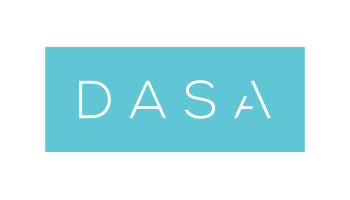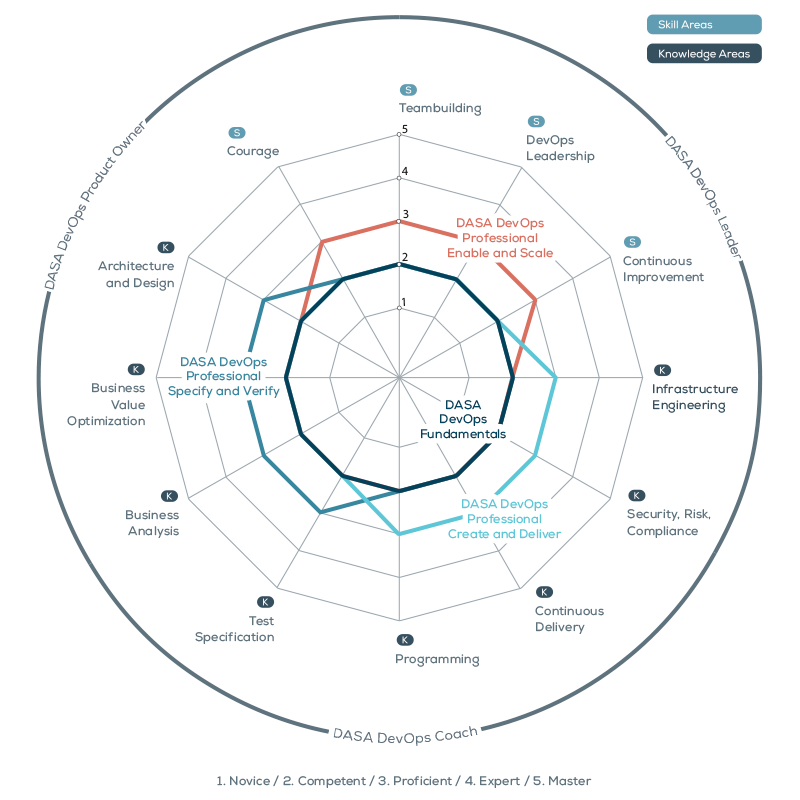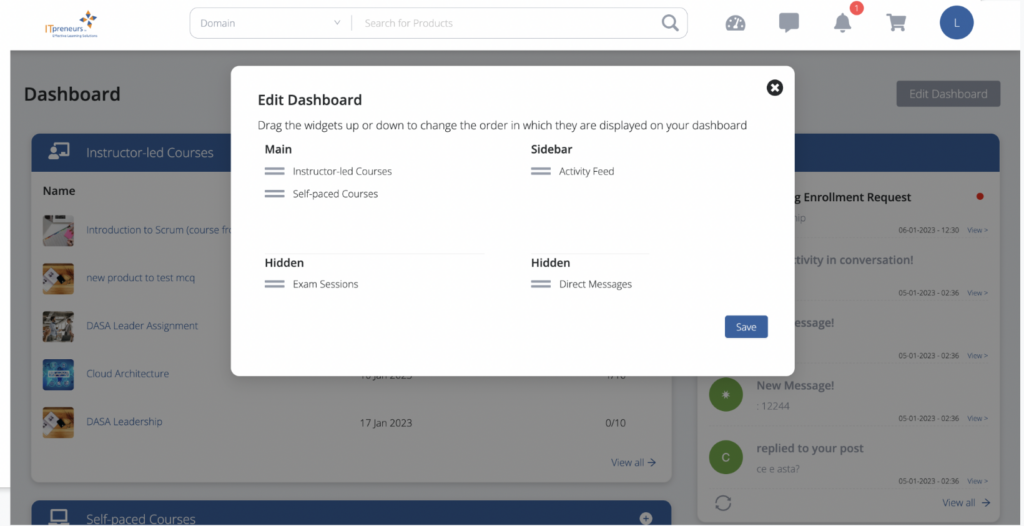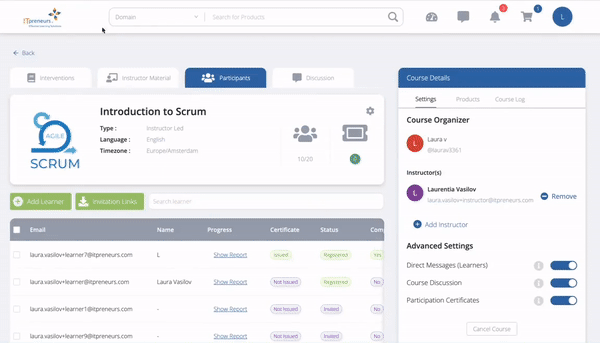Have you ever changed a tire on your car? How long did it take you? I’ll bet it took you at least 10 minutes. Just fifty years ago, it took a Formula 1 crew about 2 minutes to change 4 tires. Last year, Red Bull set a record for changing 4 tires, the crew did it in 2 seconds. That’s right, swapping 4 tires quicker than you can say: Peter Piper picked a peck of pickled peppers.
To set this record, Red Bull uses a crew of 20 members, all working in concert to get the job done. In just 50 years, the pace has changed completely and Formula 1 is now a game of tenths of a second.
The same, working in concert and reducing the required time, is happening within software development and DevOps is ‘the team’ who does it. DevOps aims to provide more value, faster, to the business and consumer. It does this by making IT simpler, faster and cheaper.
The DevOps Engineer
Organizations using DevOps practices are overwhelmingly high-functioning: They deploy code up to 30 times more frequently than their competitors, and 50 percent fewer of their deployments fail, according to PuppetLabs’ 2015 State of DevOps report.
It’s no surprise that demand for people with DevOps skills is growing rapidly. Organizations are massively looking for DevOps talent and this demand has translated to a job role; welcome, DevOps Engineer.
What the &^% Is a DevOps Engineer?
A quick comparison of the job role descriptions on Linkedin and indeed.com shows that there is no clear vision of what a DevOps Engineer should be. The job ads for “DevOps Engineer” are not consistent at all. Some job adverts require communication skills (“can communicate with more than his middle finger”), some require analytical skills (“gut instincts with data”, and others require being an “impeccable sysadmin” with 10+ years of experience. In other words, there is no such thing, yet, as a DevOps engineer and organizations depend mostly on luck finding the right talent. In addition, they’re paying top dollar.
Currently, a DevOps Engineer can be anyone – but perhaps this explanation by Kris Buytaert at least gives us an idea of who we’re looking at.
Devop is a 30 something Senior Infrastructure guy with a strong Development background, a lot of Open Source Experience, who is mostly European (.be / .uk) who likes Belgian Beer and Sushi.
Kris Buytaert, DevOps, a European Thing?
DASA DevOps Competence Framework
The DevOps Agile Skills Association (DASA) was set up to create clarity for professionals and organizations around What is a DevOps Engineer?
. DASA is created to jointly define a global competence baseline for professionals in DevOps (we recently joined the DASA movement). It’s an open-source initiative and anyone is encouraged to participate to further refine the competence baseline. Based on member case studies in real-life organizations the first version of DASA’s competence framework has recently been drafted, which will help organizations assess their current DevOps competency gap. Here’s an example of how DevOps Fundamentals maps to the various competences.
Based on member case studies in real-life organizations the first version of DASA’s competence framework has recently been drafted, which will help organizations assess their current DevOps competency gap. Here’s an example of how DevOps Fundamentals maps to the various competences.
Distribution of Skills
Similar to a stunning Formula 1 pit crew consisting of extremely good generalists, DASA’s competence framework reflects the vision that the role of the IT engineer will become more generic as DevOps teams develop. Anyone of the crew can roughly do the job of another. The key to working in this environment is to recognize that there is a skills and knowledge set that needs to be present in every DevOps team. The distribution of these skills and knowledge may be different per team. However, each team will need to ensure that there is enough of each skill and knowledge area to ensure the service is delivered as required by the customers of the service.
12 Skills and Behavior Areas
The DASA competence framework identifies 8 knowledge areas and 4 skills and behavior areas that are relevant in DevOps. Every professional operating in a DevOps team requires all 12 competencies in varying degrees. This is described in the DASA professional qualification program.
The DASA competence framework offers a maturity model of 5 levels for professionals and teams. The maturity distribution of DevOps competencies may be different per individual, however, each team will need to have sufficient competencies to ensure performance and output.
With the support of the DASA competence framework and qualification model, we can build and assess DevOps teams and enable organizations to win. Essentially DASA takes on the role of the infamous lollipop man. With DASA, you can assess if everybody’s ready and give the go-ahead to go racing.
Visit the DASA website to sign up for a webinar.
About the author

I am a self-starter with an entrepreneurial spirit and an unconventional wide range of interests. I have proven experience assisting organizations to nurture and expand their business through developing great product portfolios and digital marketing campaigns, including brand identity management, channel management, and direct sales.
I will challenge you, but you’ll have fun along the way. I am a quick learner and have an agile mindset and being inquisitive by nature, I find my ways to obtain a bird’s eye view, analyzing improvement scenarios and best possible results. According to Alan Key it’s easier to invent the future than to predict it; working in new environments, starting up new businesses, launching new ideas and greenfielding is my passion.
Related Courseware
Sorry, we couldn't find any posts. Please try a different search.




